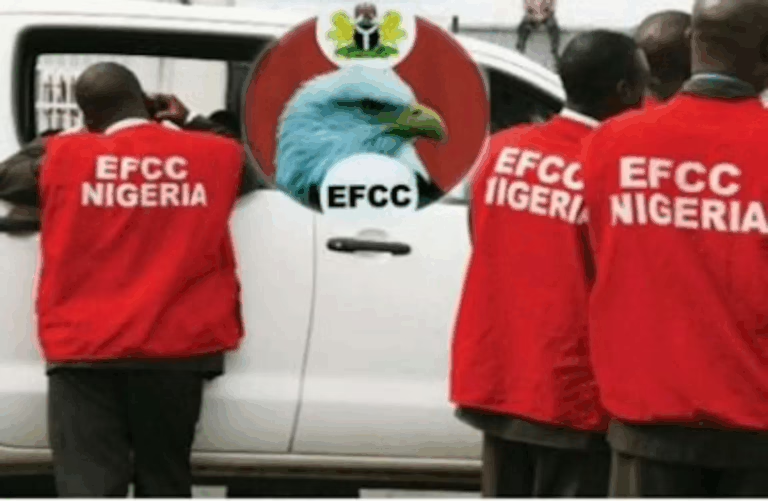Mr. Ola Olukoyede, Chairman of the Economic and Financial Crimes Commission (EFCC), has urged both public and private entities in Nigeria to embed fraud risk evaluation and mitigation strategies within their governance frameworks to enhance transparency and accountability.
This appeal was made during the unveiling of the ISO 37003:2025 Fraud Control Management System in Abuja, an event jointly hosted by the Standards Organisation of Nigeria (SON) and the British Standards Institution (BSI).
Presenting a keynote address titled “Incorporating Fraud Risk Assessment and Control into Organisational Governance,” Olukoyede, represented by EFCC’s Director of Fraud Risk Assessment and Control, Commander CE Ibrahim Shazali, emphasized that fraud remains a widespread and intricate challenge that causes substantial financial damage and tarnishes the reputation of organisations, potentially undermining their ability to fulfill their objectives.
He explained, “Conducting Fraud Risk Assessments allows organisations to detect, evaluate, and address fraud-related threats effectively. Fraud manifests in various forms such as asset theft, bribery, and falsified financial reporting. Understanding these diverse manifestations and their origins, both internal and external, is critical to establishing robust fraud prevention mechanisms.”
Highlighting the significance of the newly introduced standard, Olukoyede pointed out that ISO 37003:2025 offers an internationally accepted framework for managing fraud control systems, empowering organisations to systematically prevent, identify, and tackle fraudulent activities in a sustainable manner.
Revealing EFCC’s dedication to combating fraud, the chairman disclosed that in 2024, the commission inaugurated the Department of Fraud Risk Assessment and Control (DFRAC), tasked with performing fraud risk evaluations across government ministries, departments, and agencies (MDAs).
“DFRAC’s core mission is to pinpoint fraud vulnerabilities within MDAs and implement ethics and integrity initiatives that reinforce control mechanisms. Our experience shows that institutionalising measures such as role segregation, strict adherence to approval protocols, cybersecurity safeguards, operational transparency, confidential whistleblowing channels, and ongoing targeted awareness campaigns significantly enhance governance, risk management, and compliance,” he added.
Olukoyede assured that these efforts will be extended to regional and local government levels, underscoring the critical role of inter-agency cooperation in fraud deterrence.
“Preventing fraud is a shared duty. Our collaboration with ISO and SON is vital for advancing global best practices in fraud prevention and control. Through the exchange of knowledge, skills, and resources, organisations can fortify their defenses against fraud and foster a culture rooted in integrity and openness,” he concluded.

















